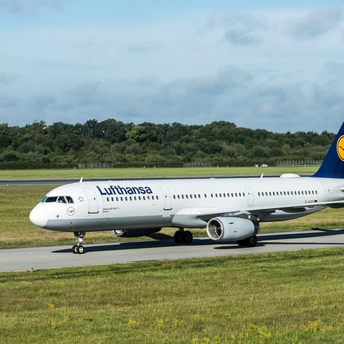SAS Cabin Crew Strike in Norway: What It Means for Passengers

In the aviation industry, situations often arise that can disrupt travelers' plans, and the recent strike by SAS cabin crew in Norway is a prime example. Cabin crew members affiliated with the NKF and SNK unions have decided to go on strike, which could significantly impact many flights and cause considerable inconvenience for passengers. In this article, we will explore the reasons behind the strike, how it will affect travelers, and what steps can be taken to minimize risks.
Causes and Scope of the Strike
The primary cause of the strike is the inability to reach an agreement between the unions and the airline’s management on key issues related to working conditions and pay. The cabin crew unions argue that the proposed working conditions do not meet the demands of the modern market, and the offered wages do not compensate for the increased workload on staff.
The strike, which began in Norway, could set a precedent for further actions by unions in other countries where SAS operates. This puts additional pressure on the company’s management, which must find ways to resolve the conflict to avoid further disruptions to the schedule.
Impact on Travelers
Passengers who have planned flights with SAS may face significant delays and cancellations. This is particularly relevant for those traveling within Norway or using Norwegian airports as transit points. It’s important to understand that the strike could affect not only domestic flights but also international routes, complicating travel planning.
Travelers are advised to regularly check the status of their flights and be prepared for possible schedule changes. The airline typically notifies passengers of cancellations or delays via SMS or email, but during a strike, this information may be delayed, so it’s better to monitor the situation independently.
Possible Measures and Recommendations
To minimize the negative impact of the strike, passengers should consider several options. First, if possible, consider rescheduling the trip or using alternative airlines. Second, it’s essential to have all necessary documents and contact information handy to quickly reach the airline and obtain up-to-date information about the flight status.
Additionally, it’s recommended to familiarize yourself in advance with the ticket refund and compensation policies in the event of flight cancellations. Some airlines offer free date changes or full refunds in such situations.



















